The press is not only a means of information, but also a tool to guide public opinion, build brands and strengthen public trust, contributing to the socio -economic development of the country.
Especially on the economic front, when social networks and digital platforms develop rapidly, information is spread at an unprecedented speed, also leading to the risk of disturbance, false information and exploitation of "dirty" media, requiring press agencies to promote the role of "gatekeepers" and build an authentic information ecosystem for sustainable development in the digital age.
Aiming to build a healthy, standardized, transparent media ecosystem and contribute to the sustainable development of the country's economy, requires serious participation, responsibility and collective intelligence of the entire press and media system, especially honesty, objectivity, verification and responsibility in each information product, constantly innovating technology, improving skills, in-depth understanding and maintaining journalistic ethics in the face of challenges from toxic information, fake news and sophisticated media manipulation tricks.
The bridge between policy and life
Experts and journalists in Ho Chi Minh City shared that only honest, responsible and ethical communication can strengthen public and consumer trust, as well as support businesses to improve their competitiveness and economic integration.
In the ecosystem of the modern market economy, the press has become an indispensable, if not extremely important, part, not only because it has a communication function but also because it participates right from the policy-forming process, leading and accompanying the process of putting policies into practice.
In particular, no matter how correct a policy is, if it is not communicated clearly and easily understood, it can easily be misunderstood, leading to incorrect implementation and possibly leading to unpredictable consequences.
Deputy Head of the Central Propaganda and Mass Mobilization Commission Phan Xuan Thuy pointed out that the press plays a particularly important role as a "bridge" between policy and life, between the State and people-businesses, between the Party's will and the people's hearts.
Over the past time, the press has not only reflected thoughts and aspirations from reality, but also contributed to spreading the Party's spirit and major orientations to the people in a timely, accurate and effective manner.
The press promptly commends and replicates good models and creative and effective ways of doing things; resolutely criticizes signs of stagnation, avoidance of responsibility, lack of innovation, and harassment and inconvenience to people and businesses.
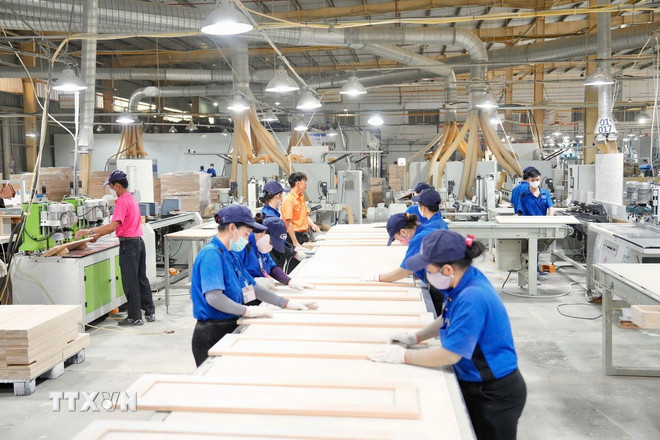
Typically, Resolution 68-NQ/TW of the Politburo on private economic development (Resolution 68-NQ/TW) is a breakthrough in thinking when identifying the private economy as one of the most important driving forces to promote growth, innovation and integration.
In the process of bringing Resolution 68-NQ/TW into life, the press plays a special role in shaping development thinking, spreading reform messages, encouraging action and providing constructive criticism for policies.
At the same time, the press has shown its proactive participation in the implementation process of Resolution 68-NQ/TW, contributing to transforming the spirit of the resolution into the language of life, into inspiration for development and into concrete actions in the business community and people, thereby conveying the content of institutional reform, encouraging innovation, promptly reflecting difficulties and obstacles in the implementation process to create a basis for policy adjustment.
According to journalist Nguyen Ngoc Anh, Deputy Editor-in-Chief of Saigon Giai Phong newspaper, in order to bring policies into life, specifically economic policies such as Resolution 68-NQ/TW, Saigon Giai Phong newspaper has communicated synchronously on print, electronic and social media platforms, with dozens of in-depth analysis articles, interviews and reflections on business practices.
Besides recording the voice of businesses from the grassroots, creating a flow of information between people-businesses-State, Saigon Giai Phong newspaper also acts as a direct bridge between businesses and local authorities, departments, branches... to realize Resolution 68-NQ/TW in life.
Representatives of several other press agencies in Ho Chi Minh City also said that in order to bring economic policies into life, the press has constantly made efforts to make policies come alive through stories, images, and real people.
Articles, reports, television programs and many other diverse information products have aroused in the people and businesses a spirit of dedication, responsibility and aspiration for development.
Building a transparent-responsible-humane media ecosystem
Currently, in the context of the digital media explosion, the Vietnamese press as well as other countries are facing an unprecedented revolution. Vice President of the Vietnam Journalists Association Tran Trong Dung said that promoting close coordination between the press and state management agencies, enterprises and social organizations to build a healthy, standardized, transparent media ecosystem and sustainable development of the country's economy requires serious participation, responsibility and collective intelligence of the entire press and media system.
Among them, the team of journalists cannot be separated from the work of improving the quality of their works, enhancing professional training, professional ethics and specialized communication skills, including in the economic field.
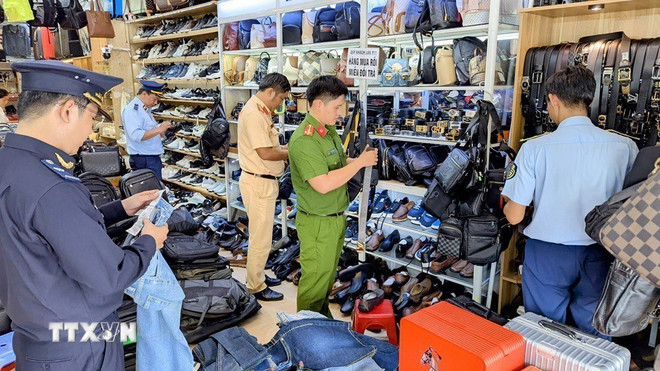
Ho Chi Minh City is one of the country's dynamic and leading economic centers, and is under great pressure from waves of false information and false advertising, leading to an outbreak of fake and poor quality food, seriously affecting consumer confidence and the reputation of national brands.
In this context, the press and media play an especially important role, not only as a means of transmitting information but also protecting businesses, brands, products, services, reputation, quality and fighting against commercial fraud.
Mr. Nguyen Ngoc Hoi, Deputy Director of the Department of Culture and Sports of Ho Chi Minh City, said that as a state management agency for culture, press and communication, the Department always strives to accompany functional agencies, coordinate with inter-sectoral agencies, accompany the business community and press agencies to build a transparent-responsible-humane media ecosystem.
In addition, the Department commits to continue to strengthen inter-sectoral coordination, promote media management, support diverse propaganda activities on honest business culture, raise awareness of social responsibility in the food industry, and accompany the press in spreading positive values.
According to the Deputy Director of the City Department of Culture and Sports, the companionship and connection between the press and a number of key economic sectors of the city is concretized through awards such as the annual Ho Chi Minh City Press Award, "Press writing about Ho Chi Minh City tourism", "Press writing about digital transformation"... with the participation of local authorities, business associations and the business community.
From the beginning of 2025, the City officially launched and organized the awarding of support for "Good and excellent press works written about Ho Chi Minh City" every quarter.
In the first quarter of 2025, the City provided support to 43 works, promptly encouraging press agencies and reporters, in addition to current news, to conduct in-depth analysis, constructive criticism, and propose solutions and initiatives for socio-economic development.
“Ho Chi Minh City, like other localities across the country, is entering a new development phase with a strong aspiration to rise, aiming for double-digit growth in the coming years. To realize that goal, the City needs the cooperation of the whole society, including the important role of press and media agencies; especially in-depth and incisive articles revolving around issues arising in the development practice of Ho Chi Minh City such as promoting public investment disbursement; applying special mechanisms; promoting digital transformation, developing knowledge-based economy, green economy, circular economy; arousing the spirit of entrepreneurship and innovation…” - Mr. Nguyen Ngoc Hoi shared.
The press industry has been and is facing a historical crossroads, with a wave of comprehensive restructuring such as: ending operations, merging, streamlining, digital transformation and financial autonomy,... for sustainable development, as well as enhancing competitiveness on the information front. Moreover, the context of integration and digitalization requires the industry to have new multimedia model orientations that can meet the requirements of information and communication, not only ensuring a mechanism for sustainable press development, but also accompanying the development of all economic and social sectors of the country.
Digital platform integration
Cases of false advertising, unverified advertising, and spreading fake news on social networks are causing deep damage to the economy and can become a "national disaster". In addition, in the digital age, there is an increasing amount of "mixed truth and falsehood" news, which has not been verified but spreads at a "dizzying" speed, easily spreading panic and contributing to amplifying the multimedia crisis.
According to statistics from the Ho Chi Minh City Advertising Association, young Vietnamese people spend an average of 7 hours a day on social networks, with one of the top purposes being to search for and update current news. But not all information on the internet is reliable.
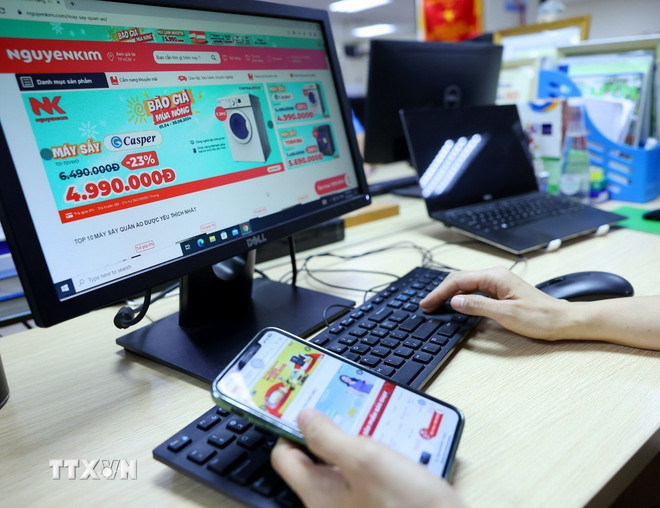
Speaking to VNA reporters, Chairman of the Ho Chi Minh City Advertising Association Nguyen Thanh Dao shared that the press needs to play an independent verification role, not follow sensational news, and coordinate with professional agencies to disseminate correct and accurate information.
In addition, to effectively carry out the mission of "gatekeeping" and leading public opinion, press agencies must first strictly adhere to professional ethics, participate in perfecting institutions in the advertising field, and encourage businesses to work with authorities to proactively build a set of principles for handling media crises.
On this basis, press agencies contribute to solving weaknesses in media content control or lack of synchronization in the legal system and digital media supervision.
According to Ms. Nguyen Thi Minh Nham, Director and Editor-in-Chief of Binh Phuoc Radio-Television and Newspaper Station, the model of merging newspapers and radio stations has been operated by this province for many years, and at the same time requires journalists to learn new skills to meet the requirements of creating products for many platforms, from print newspapers, radio, television, etc. to electronic newspapers and digital media.
To solve the problem of improving the quality and efficiency of multimedia models, Binh Phuoc Radio and Television Station and Newspaper have chosen a specific approach, aiming to optimize resources, which is for field reporters to collect enough "raw materials" to serve the products for all four types. Next, field reporters send them to editors at the editorial office for "processing" to ensure the speed and output of news articles to the public.
In the context of the current comprehensive restructuring of the Press industry, the merger of newspapers and radio stations is not only a mechanical formality, but after the merger, it is necessary to clearly demonstrate operational efficiency, meeting the requirements of the times.
Along with that, the pressure of competition, digital transformation and financial autonomy, the renaming of a press agency should be seen as part of the repositioning strategy but should not be considered as everything. More importantly, the press agency must innovate its journalism thinking, the way of organizing content production and operating the team in a converged model.
Representatives of some other press agencies said that, with the function of a public service unit, the press agency has "two roles": operating as a business in a fiercely competitive environment with other social media, and carrying out political tasks. Therefore, the urgent issue now requires the legal corridor and policy mechanism to have new regulations to help press agencies become autonomous, especially in the financial field.
The revised Press Law must clearly state the name of the operating model, the mechanism to create conditions for press agencies, media groups, media corporations... to operate, including: taxes, income...
Along with that, the press agencies themselves need to boldly train local human resources, build better operating structures, expand new press economic activities such as organizing events, digital media... to improve their autonomy; and local authorities support press agencies in training human resources and supporting digital transformation.
Mr. Nguyen Thanh Quang, Acting Director of Binh Duong Radio and Television Station, analyzed that in the period of 2023-2024, Binh Duong Radio and Television Station had to find every way to manage and ensure the lives of journalists and employees in the agency. From the practical challenges in this period, it can be seen that press agencies must have a clear direction to develop the press economy in order to stabilize operations.
In recent times, many press agencies have stepped up the implementation of ordering mechanisms, increased event organization, invited sponsorship, diversified advertising revenue sources, developed revenue sources from Youtube channels, Tiktok and other social networking platforms based on digital transformation, as well as the converged newsroom model.
Meanwhile, in order to solve the problem of press economics, journalist To Dinh Tuan, Editor-in-Chief of Nguoi Lao Dong newspaper, pointed out that what remains in the readers’ minds the longest is what the press agency has contributed to the social community and the country. Along with mutually beneficial service activities, contributing to solving current issues, policy communication, economic forums, etc., Nguoi Lao Dong newspaper also implements many non-profit programs, without charging fees, or sharing whatever is collected back to the community.
Regarding the issue of press economic development, experts say that as a traditional press agency, political tasks are the top priority but at the same time, it must ensure the livelihood of the staff, reporters, editors, and employees, while economic activities must not dominate or interfere with the political tasks of the agency. To do this requires the Board of Directors and Editorial Boards of press agencies to supervise and be impartial in order to promote digital platform integration and accompany the country's socio-economic development./.
Source: https://www.vietnamplus.vn/bao-chi-tren-mat-tran-kinh-te-xay-dung-he-sinh-thai-truyen-thong-minh-bach-post1044965.vnp








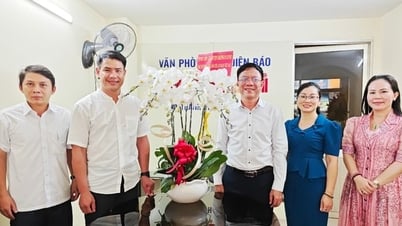





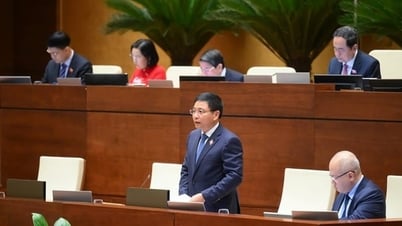
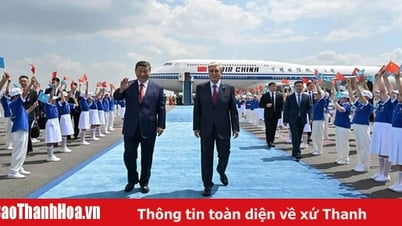

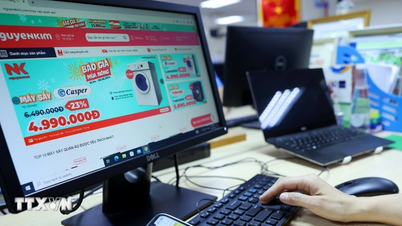
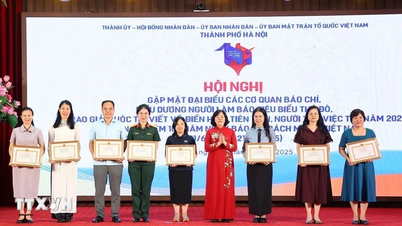
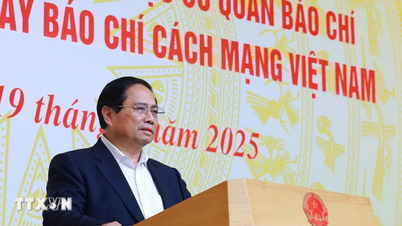
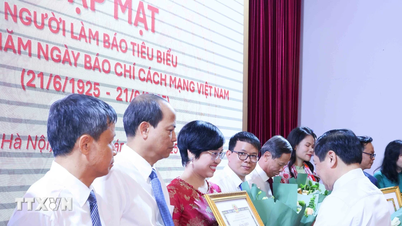
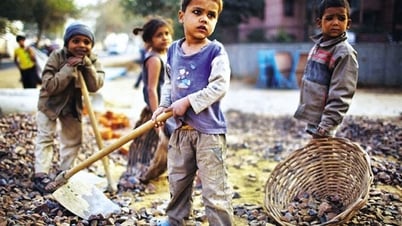

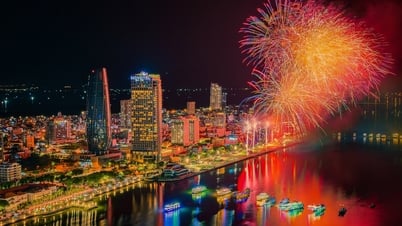

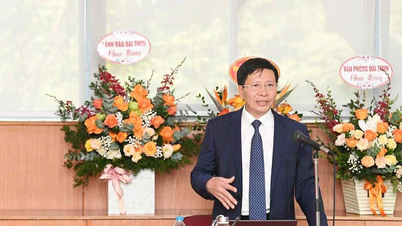




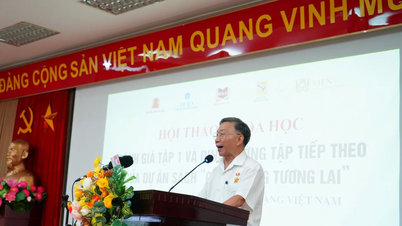

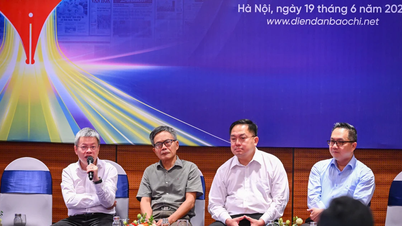
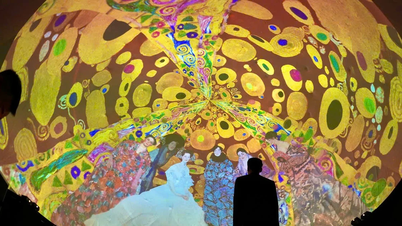
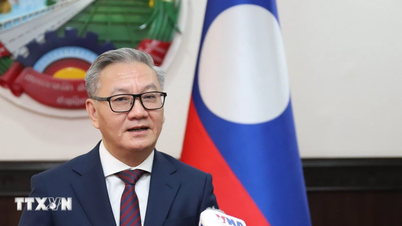















































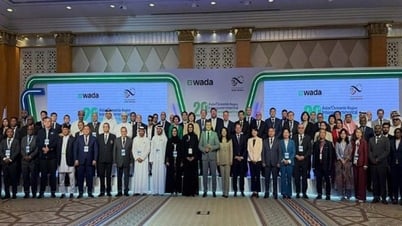
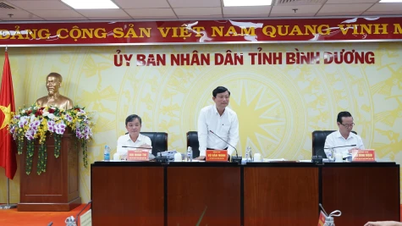



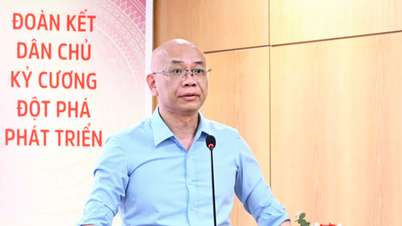


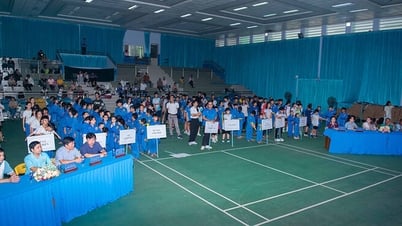









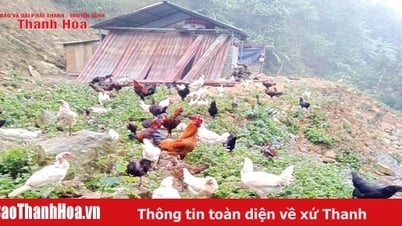

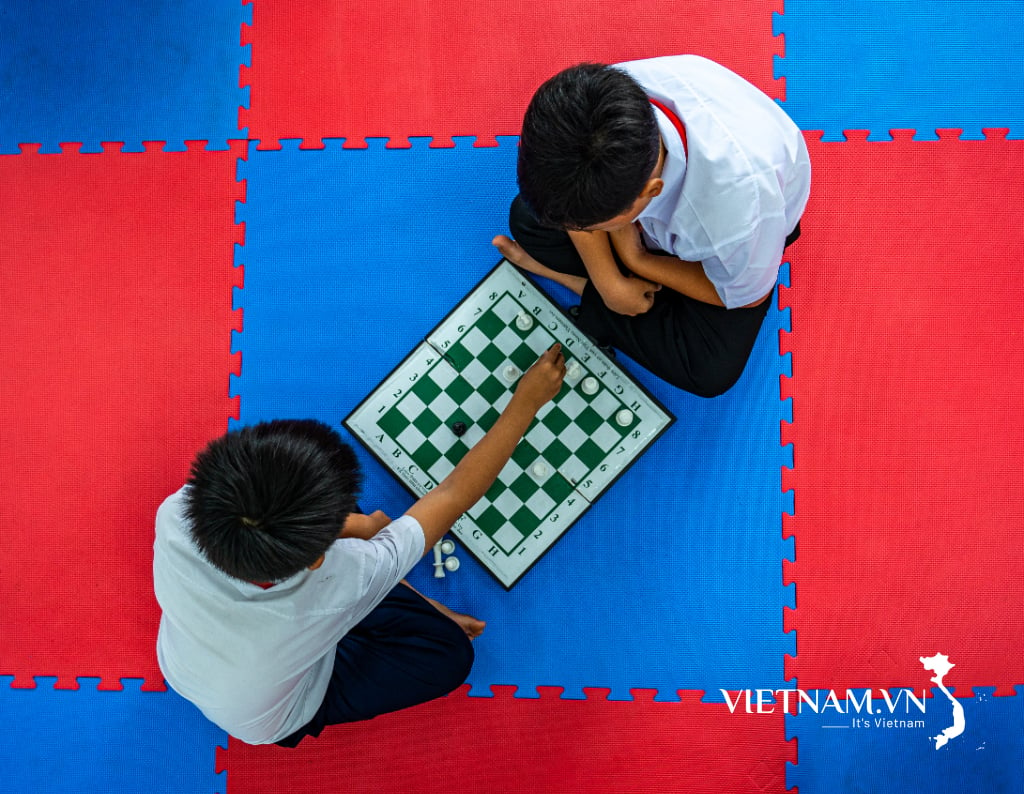


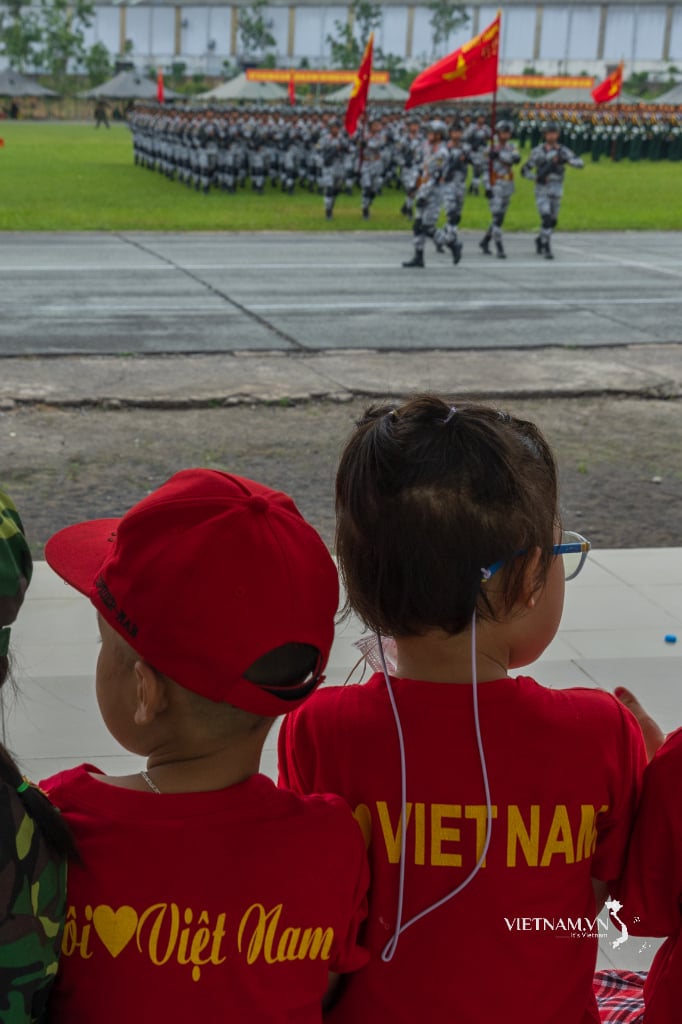
Comment (0)